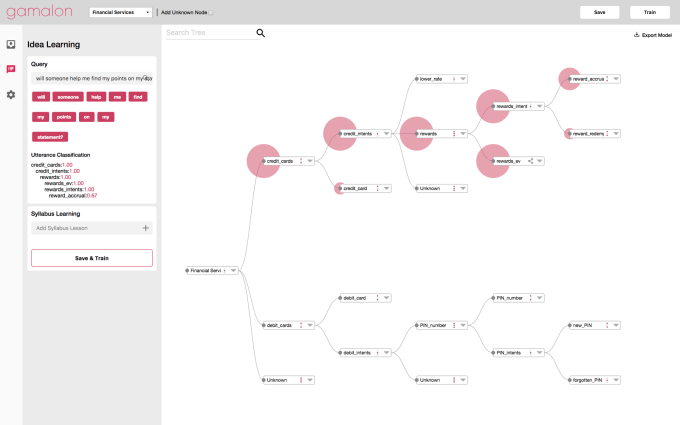Gamalon, an AI startup that claims to have created an artificial intelligence (AI)-like software that gets rid of the demerits of machine learning methods, recently got a huge endorsement to fund its approach.
The Cambridge, MA-based startup revealed the news by saying that it had raised $20 million in the Series A round of funding that was led by Intel Capital.
Other investors who participated in the round include Omidyar Technology Ventures and 406 Ventures as well as previous backers such as Rivas Capital, Felicis Ventures, and Gamalon Investors Boston Seed Capital.
In the press release, Gamalon said that it has raised $32M in capital to this day. The money does not only include its seed funding round but also funds received from DARPA among other government-owned agencies.
Gamalon was created in 2013 by Ben Vigoda, who is the company’s chief executive officer and the former CEO and co-founder of Lyric Semiconductor, a company that was bought by Analog Devices in 2011.
According to Gamalon, the company has created natural language processing software that large businesses or companies use to make the interpretation of the text from customer communications like customer service messages, survey data and phone call transcripts easier.
In fact, the software provides them with usable insights that may come in handy, especially when it comes to enhancing business and serving customers better. One of Gamalon’s early customers includes Avaya, a well-known business communications company.
There’s no doubt that startups that sell artificial intelligence (AI)-based data analytics software are numerous today. Hence, such companies need more to stand out from the crowd. For Gamalon, it is the approach it has taken with its products as well as the reputable investors or backers that the company has managed to attract.
Based on a report by Techcrunch, Gamalon does not utilize neural networks to key in volumes of data. On the contrary, the startup enters text into databases and then creates decision trees that are designed to assist the software in learning new concepts quickly.
With these techniques, it requires fewer examples for training the machine learning models. What’s more, users get an opportunity to view how the software obtains meaning from the data. By doing so, Gamalon can overcome the black box critique made by some observers about various deep learning systems.
MORE – RPA – 10 Powerful Examples in Enterprise
MORE – Intel Leads $30M Investment in RPA Startup Catalytic
MORE – Top 50 RPA Tools & Software – A Comprehensive Guide
According to Gamalon, when its system comes across data that it does not comprehend, it flags it to notify the users who in turn edit the decision tree in a bid to categorize the unrecognized data and train the software.
Todor Tashey, a managing partner of Omidyar Technology Ventures, asserted that Gamalon’s system could learn numerous orders faster than other advanced technology approaches. He also added that the system is not only auditable but also easily extendable to particular domains.
Despite its excellent technology, Gamalon has a lot to do in terms of sales. The startup also faces stiff competition from other technology companies offering AI tools for enterprises including IBM, Amazon, Microsoft, Google, as well as startups like Indico and Data Robot.
Source Xconomy




















